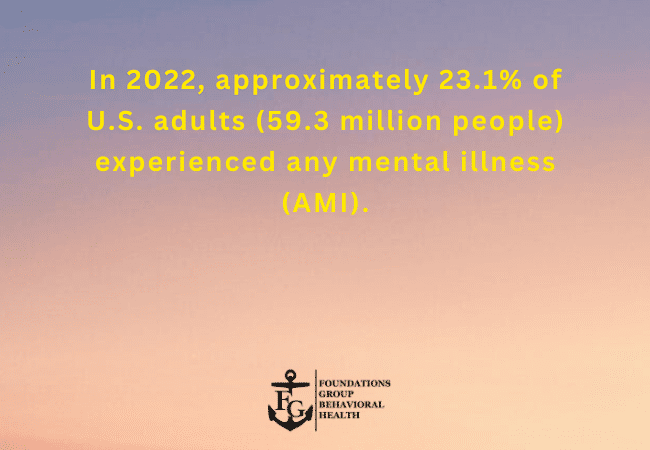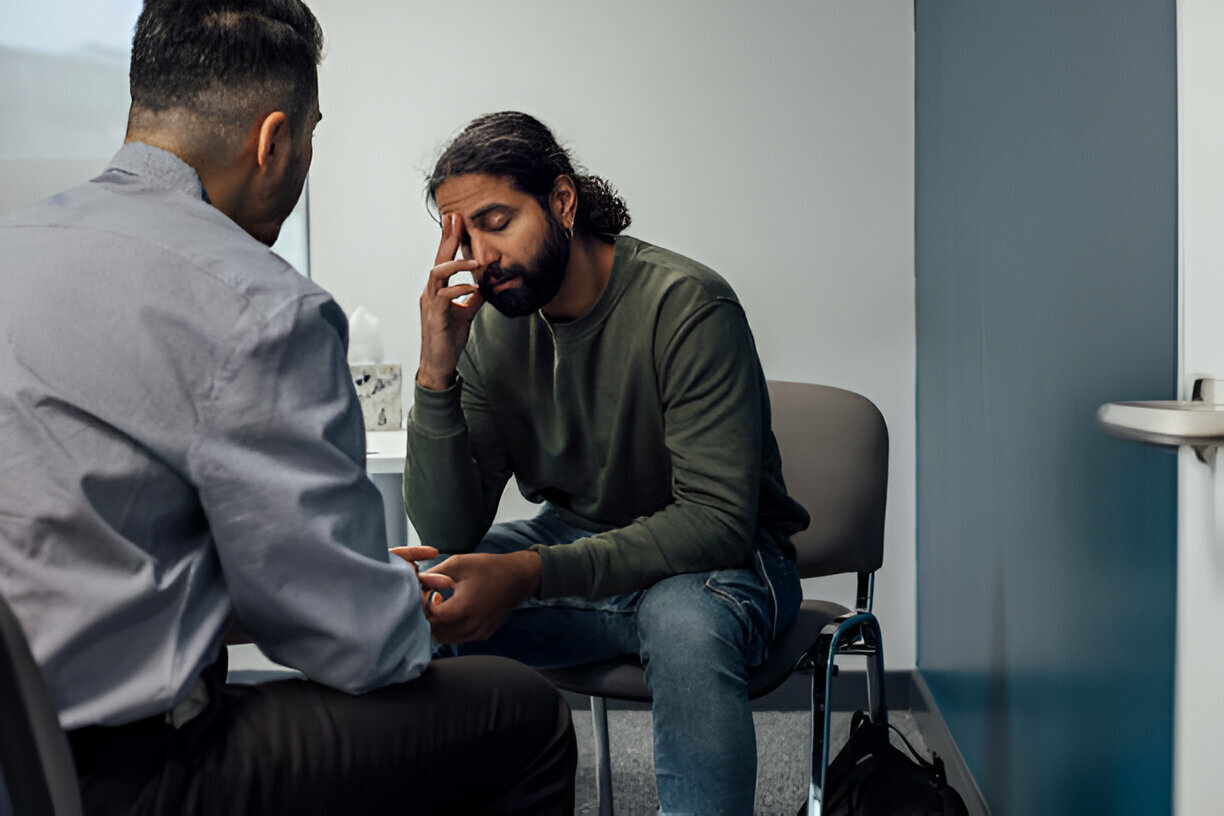Mental health recovery is a journey that requires support, understanding, and consistency. While professional care plays a crucial role, family support is one of the most powerful influences on an individual’s recovery. A Psychiatric Day Treatment Program provides structured therapy, psychiatric care, and skill-building sessions for individuals facing anxiety, depression, trauma, and co-occurring disorders, but family involvement enhances treatment success by fostering encouragement, stability, and communication.
At Foundations Group Behavioral Health, we emphasize the importance of family engagement in our Psychiatric Day Treatment Program in Massachusetts. By involving family members in therapy, education, and recovery planning, we help individuals and their loved ones work together toward long-term mental wellness.
This guide explores why family support is essential in psychiatric treatment, how families can participate, and what strategies lead to better recovery outcomes.
Understanding Psychiatric Day Treatment Programs
A Psychiatric Day Treatment Program (also known as a Partial Hospitalization Program or PHP) is a structured, intensive mental health treatment program that offers:
- Daily therapy sessions (individual, group, and family therapy)
- Psychiatric evaluations and medication management
- Emotional regulation and coping skills training
- A supportive transition from inpatient care or an alternative to hospitalization
Unlike inpatient psychiatric care, individuals in Psychiatric Day Treatment can return home at the end of each day, allowing families to be more actively involved in the recovery process.
At Foundations Group Behavioral Health, our Mental Health Treatment Programs in Massachusetts include comprehensive family support strategies to help both individuals and their loved ones navigate the challenges of mental health recovery together.
The Impact of Family Support on Mental Health Recovery
Why Family Involvement Matters
Research shows that individuals who have strong family support experience:
- Higher treatment engagement and adherence
- Reduced risk of relapse and hospitalization
- Better coping skills and emotional regulation
- Greater long-term mental health stability
When families actively participate in a loved one’s treatment, they learn to communicate more effectively, recognize warning signs, and provide encouragement during difficult moments.
Common Barriers to Family Support in Treatment
Despite the benefits of family involvement, challenges can arise, including:
- Lack of understanding about mental health conditions
- Emotional stress and burnout for caregivers
- Unhealthy family dynamics or past trauma
- Stigma surrounding mental health in some cultural backgrounds
To overcome these challenges, psychiatric treatment programs must educate, guide, and support families so they can play a constructive role in recovery.
How Families Can Be Involved in Psychiatric Day Treatment
1. Family Therapy: Strengthening Relationships
Family therapy is a key component of Psychiatric Day Treatment and provides a space to:
- Address conflicts and unhealthy relationship patterns
- Improve communication and emotional expression
- Develop problem-solving skills for handling challenges together
- Learn how to support a loved one without enabling negative behaviors
At Foundations Group Behavioral Health, we facilitate family therapy sessions to help families navigate mental health recovery with empathy and understanding.
2. Family Education: Understanding Mental Health Conditions
One of the biggest challenges in supporting a loved one with mental health struggles is a lack of knowledge about their condition. Many families don’t fully understand:
- What mental health disorders look like
- How symptoms affect daily life and relationships
- Why certain treatments are necessary
Through psychoeducation sessions, families learn about:
- The symptoms, causes, and treatment approaches for anxiety, depression, trauma, and co-occurring disorders
- The impact of stress, substance use, and environmental factors on mental health
- How to recognize early warning signs of relapse
Knowledge empowers families to provide more effective and compassionate support.
3. Encouraging Treatment Adherence
One of the most common reasons for setbacks in mental health recovery is inconsistent treatment adherence. Families can play a crucial role in helping their loved one stay committed to therapy and medication by:
- Providing gentle reminders about therapy sessions and medications
- Reinforcing the importance of attending group therapy and psychiatric evaluations
- Celebrating progress and small achievements to boost motivation
At Foundations Group Behavioral Health, we equip families with strategies to support treatment adherence without adding pressure or guilt.
4. Creating a Supportive Home Environment
The home environment plays a significant role in mental health recovery. Families can help by:
- Establishing a routine that promotes stability and self-care
- Minimizing stress triggers, such as conflicts or unrealistic expectations
- Encouraging open and non-judgmental conversations about mental health
A calm and structured home life helps individuals feel safe and supported in their recovery journey.
5. Practicing Healthy Boundaries and Self-Care for Caregivers
Supporting a loved one in treatment can be emotionally draining. Family members should:
- Set clear boundaries to protect their own mental well-being
- Seek support from therapy or caregiver support groups
- Engage in self-care activities to maintain balance
Caregivers who prioritize their own mental health can provide more stable and consistent support to their loved one.

The Role of Family in Transitioning to Independent Living
As individuals progress in Psychiatric Day Treatment, they may transition to a lower level of care such as:
1. Half-Day Treatment Program Massachusetts
- Provides structured therapy sessions with greater flexibility
- Supports individuals in gradually resuming work, school, or social activities
- Encourages continued family involvement in treatment planning
2. Outpatient Mental Health Program Massachusetts
- Weekly or biweekly therapy sessions for long-term mental health maintenance
- Helps individuals apply coping strategies in real-world settings
- Provides continued family education and support group options
Families play a critical role in ensuring a smooth transition by maintaining healthy routines, reinforcing therapy strategies, and offering emotional support as their loved one moves toward independent living.
Final Thoughts
Recovery is not a journey that individuals should take alone—it requires support, encouragement, and understanding from loved ones. Families who actively engage in Psychiatric Day Treatment can:
- Improve communication and strengthen relationships
- Help create a stable and structured home environment
- Encourage treatment adherence and long-term recovery
- Gain a deeper understanding of mental health challenges
At Foundations Group Behavioral Health, our Psychiatric Day Treatment in Massachusetts integrates family therapy, education, and support strategies to empower both individuals and their loved ones in the healing process. If you or a loved one is struggling with mental health challenges, call us today at 888.685.9730 to learn more about our Psychiatric Day Treatment and other Mental Health Treatment Programs in Massachusetts. Together, we can build a foundation for lasting recovery.
FAQ on Family Support in Psychiatric Day Treatment
Why is family support important in Psychiatric Day Treatment?
Family support improves treatment outcomes by providing emotional stability, encouragement, and a structured home environment. It helps individuals stay engaged in therapy, manage symptoms effectively, and transition smoothly into daily life.
How can families be involved in a Psychiatric Day Treatment Program?
Families can participate by:
- Attending family therapy sessions to improve communication and problem-solving.
- Learning about mental health conditions through psychoeducation sessions.
- Encouraging treatment adherence and helping with medication and therapy reminders.
- Creating a calm, supportive home environment that fosters healing.
What is family therapy in Psychiatric Day Treatment?
Family therapy is a structured counseling approach that helps families:
- Resolve conflicts and unhealthy relationship patterns.
- Improve communication and emotional expression.
- Develop coping strategies to support their loved one’s mental health.
How does family education help with mental health recovery?
Many families lack knowledge about mental health conditions. Family education provides insights into:
- Common symptoms and triggers of mental illness.
- Effective coping strategies for managing emotional distress.
- Recognizing early warning signs of relapse.
This empowers families to offer informed, compassionate support to their loved ones.
What role does the home environment play in recovery?
A structured, low-stress home environment supports healing by:
- Promoting routine and stability.
- Reducing triggers that may worsen symptoms.
- Encouraging healthy habits, such as proper sleep and self-care.
How can families support treatment adherence?
Families can help their loved ones stay on track by:
- Encouraging consistent attendance at therapy sessions.
- Offering positive reinforcement for treatment progress.
- Helping manage medication schedules and mental health check-ins.








